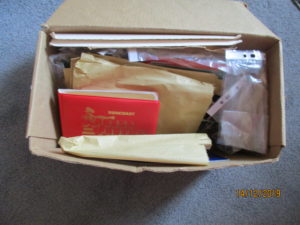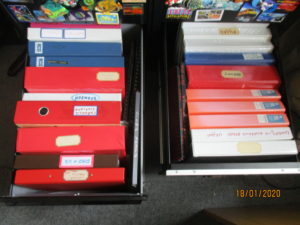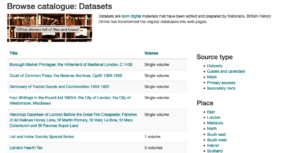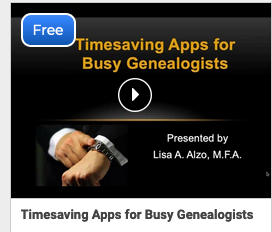Genealogy in COVID 19 Times Was Amazing and Never Boring.

Scanning and sorting old photographs received
Since 16 March I have been mostly at home except for food shopping and medical appointments. There has been some reading, cleaning, and gardening but mostly I have had the luxury of spending more time on my own family history.
I have tidied up paper files, sorted and tried to identify family photographs, cleaned up computer files and directories, worked through DNA matches, undertaken some new research on various sites and completed some serious writing of stories on two of my families.
There is no doubt that family history is a time-consuming pastime and involves a wide range of skills. It is also an area where we can learn new technological skills about researching online without leaving home.
It has been amazing to see National, State, and local council libraries and genealogy/family history societies across Australia arrange access at home to subscription sites such as Ancestry, Findmypast, MyHeritage and The Genealogist. Those of us who are members of societies can now search these sites at home through our memberships for no additional cost. How great was that?

Paper files gone and binders now in filing cabinets out of sight
Another amazing opportunity was made available by the National Archives UK. They have removed the pay option for digitised documents – this means we can download records such as wills for no cost. I have found some wonderful wills, some on direct lines, but also on collateral lines that I probably would not have paid for. Wills from spinsters appear to have lots of family names and bequests so follow up any of those maiden aunts.
Serendipity always has a place in family history and by putting in various family names in Discovery, the National Archives UK search engine, I made some exciting new finds. Not all records are name indexed or digitised but it is worth taking the time to look. At the present time, the free digital download ends on 31 July 2020, but this could change depending on conditions in the UK.

British History Online datasets
Another site that has made its digitised documents available for free to individual researchers is British History Online. It was founded by the Institute of Historical Research and the History of Parliament Trust in 2003. The collection contains over 1270 volumes and is still growing. There are various filters, but I found time periods of most use.
Again, the end date for free documents is 31 July but there is still time to explore the site and download relevant items. For example, searching for the names of parishes can lead to petitions and lists of parishioners in the late 1690s. Searching on an unusual surname results in a wide variety of results over centuries. The site also includes a copy of the Victoria County History series for England which is also available through the University of London website Victoria County History. This is another wonderful online resource for family history research in England.
Another bonus has been the number of free webinars that have been made available by sites such as Legacy Family Tree Webinars and MyHeritage. Some of these are usually behind a subscription wall but have been made made available for a limited time while we are all in lockdown. Most family history sites usually have some free tutorials or webinars on specific topics. Just explore websites and check out any educational resources.

Webinars – many are free on Legacy Family Tree Webinars
For example, with Legacy Family Tree webinars you can register to hear sessions live although the times may not suit us here in Australia. Recently Lisa Alzo was talking about Timesaving Apps for Busy Genealogists. Many start here at 4.00am in the morning but I am often awake early, so it will not be a hardship to get up and listen with a cup of tea in my pyjamas!
Or if the early time does not suit, just have a look at what free webinars are on offer that day or that week. There was a free one every day through May plus the other free webinars in the Library. I listened to Marian Pierre-Louis’s Three Tips for Using Email and learnt three especially useful tools which I was not previously aware of.
Not every webinar is an hour long, some are only short but still useful. A subscription to Legacy Family Tree Webinars also makes a great birthday or Christmas present if family members are stuck on what present to get the genealogist in the family.
Another innovation in COVID time has been the use of software such as GoToMeetings and Zoom which allows attendees to see each other, the guest speaker, and any slides from the presentation all from home. I have attended both types of meetings and found them easy to join, listen in and there is even the option to ask questions via a chat section, rather than interrupt the speaker. What I missed was the camaraderie of catching up with people before and after the meetings and joining people in a cup of tea/coffee.
Why not have a Zoom meeting with some of your friends and chat about what you have all been doing at home? Talk about your success with new records or ask for help with a problem. Sometimes talking with others reveals new clues or places to look.
Many conferences are now being held in a virtual environment. This is certainly cheaper and easier than having to travel and pay for accommodation. I suspect this may become the new norm as not all of us can pop over to the UK or America for a conference.
But given that most of us are in lockdown, or slowly emerging out, these are innovative ways to continue to do your family history research without leaving home. Have fun.

As usual Shauna you amaze me in your ability to be single focused and achieve great results. I wish I had your research skills. David B